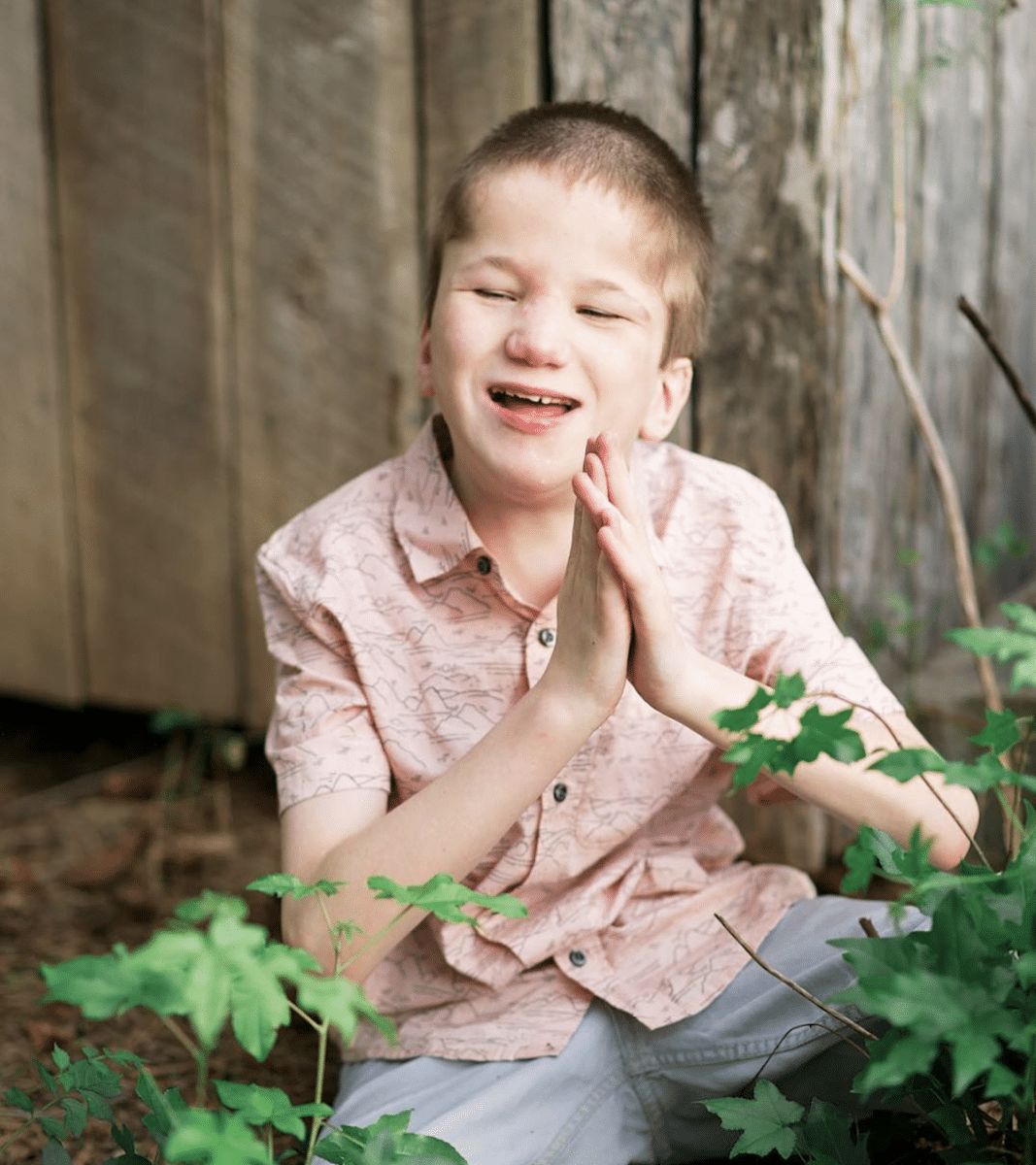
It can be difficult to understand the complexities of raising a special needs child if this calling is not part of your daily reality. I get it. I never gave these children nor their caretakers a second thought before I had a handicapped child. It’s hard to empathize with a situation without experience.
My goal in writing – in books, on the blog, and on social media – is to tell stories that portray all of the aspects of raising a special needs child – the demanding, the taxing, the beautiful, and the joy.
There is undoubtedly a blessing. These kids are closer to Heaven than we will ever be with their innocence and child-like faith. They teach us invaluable lessons about the nature of our heavenly father’s love and care for his children. They model joy, perseverance, and faith in quantities us “normal” folk can only dream about BUT –
Raising a special needs child is a massively exhausting undertaking as well.
A few weeks ago a friend’s 8 year old daughter unexpectedly passed away. This little girl was never supposed to survive; however, these kids often have a way of proving the experts wrong. I recently asked her mama if the new ease of life was haunting because when you live in special needs world, there are rarely moments of ease. It’s like being in a combat zone. You’re always mentally anticipating your child’s next basic needs – hunger, pain, angst, smell, what, where, when, why – all the time. These kids often don’t grow up and become independent so there is no end in sight which can feel overwhelming.
One of my greatest goals with The Lucas Project – a non-profit organization to assist special needs families in rural Tennessee – is to educate people on why they should care – even if it’s not a part of their daily reality.
“The King will reply, ‘Truly I tell you, whatever you did for one of the least of these brothers and sisters of mine, you did for me.’ Matthew 25:40
These children are the least of the least of the least of these. They often have the mental and emotional capacity of an infant. They are usually physically unable to care for themselves without continual assistance, and without the loving intervention of caretakers, these children could not survive.
I would admonish you to care about these kids and their families because you don’t have to care, and that’s a blessing.
Special needs may not be a part of your daily reality, but it is a reality for 6.7 million children (nces.ed.gov) and often includes:
Bathing a grown child
Feeding – either by utensil or tube feeding – often restrained in a special chair.
Diapering a thirteen year old
Wondering at times if one day you’ll be diapering a thirty year old.
Restraining a teenager who has become aggressive due to puberty.
Entering the local ER in the middle of the night to play a guessing game for the next 24 hours as you try to determine the cause of angst in your non-verbal child.
Declining an invitation for a fun event because there is no one to watch your child, and he or she would cause disruptions and outbursts.
Attempting to distract a child who is frustrated and banging his head against his crib.
Sleeping with a baby monitor beside your head for 18 + years
Getting up multiple times in the middle of the night to administer meds, tubes or breathing equipment or to make sure your child is still alive.
Spending the majority of your free time in a doctor or therapist’s office.
Not being alone with your spouse in years because there is no one you trust to care for your child in your absence.
Suffering extreme pain and popping Advil like it’s candy because your child has grown too large for you to comfortably handle, and the strain is taking a toll on your aging body.
You should care about caretakers who experience stress, anxiety, exhaustion, and depression on a regular basis but don’t have the funds nor the time to address the problem, and in rural environments, lacking in professionals to even help address the problem!
You should care if you live where resources are plentiful because there are people who live in rural communities where resources are sorely lacking.
You should care if your children are healthy because there are parents who manage a child’s chronic illness every day of their lives.
You should care because we are all a part of this grand body known as humanity, and we have a moral obligation to care for one another, especially the least of these, like our lives depend upon it – because they do.
Please consider a donation to The Lucas Project so that we can all begin caring or check out http://www.thelucasproject.org to learn more.
Just keep livin.
